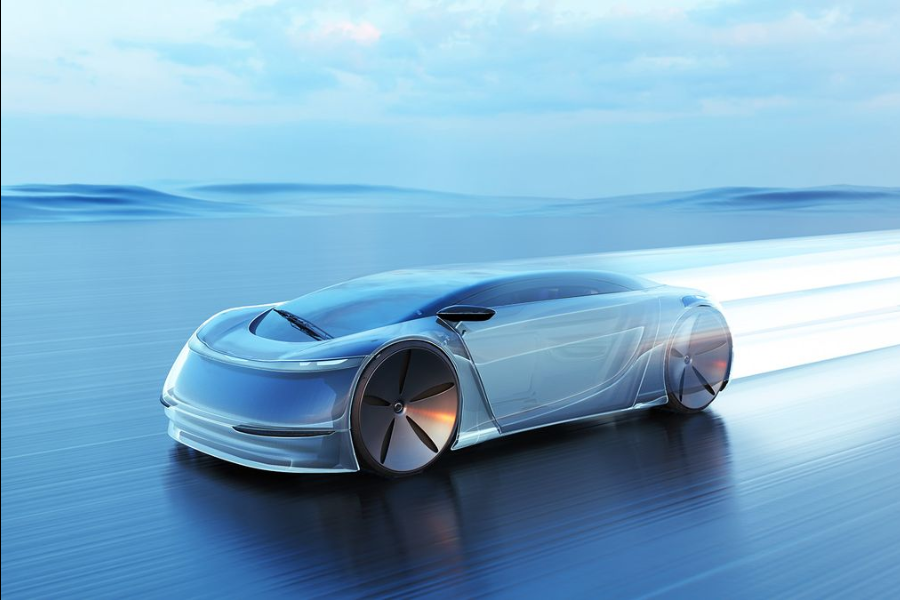Electric vehicles (EVs) are changing the automotive industry by offering a more eco-friendly and sustainable travel method. With technological advancements, EVs are reducing emissions and operational costs, making them an increasingly viable option for a broader range of consumers. These vehicles help combat climate change by significantly decreasing the carbon footprint associated with traditional gasoline-powered vehicles. Additionally, electric cars offer impressive energy efficiency, lower maintenance requirements, and quieter performance compared to their combustion engine counterparts.
As EVs continue to gain popularity, the variety of available models has expanded, catering to diverse driving needs and preferences. Buyers can discover electric alternatives that fit their needs, from small city vehicles to roomy family SUVs. Many are now eager to browse our inventory, where they can explore an array of choices that align with both environmental values and performance requirements. By choosing an electric or hybrid vehicle, drivers contribute to a sustainable future while enjoying the latest automotive innovations.
Benefits of Electric Vehicles
Electric vehicles (EVs) are becoming essential to the shift toward sustainable transportation. Using electricity instead of traditional fuels, EVs reduce carbon emissions, which helps decrease air pollution. This move away from fossil fuels contributes to a cleaner environment and lessens the impact of climate change. Moreover, EVs are energy-efficient, often requiring less maintenance than gas-powered vehicles, which can result in long-term savings for drivers.
As more people consider eco-friendly alternatives, EVs also offer significant financial benefits. Charging an EV can be cheaper than filling up a gas tank, and many regions provide incentives for those who make the switch. The growing availability of EV charging stations makes it easier to own and operate these vehicles. With technological advancements, electric cars will become more feasible and attractive for motorists.
Challenges in Electric Vehicle Adoption
The path to warming widespread adoption of electric vehicles includes notable challenges that must be addressed to optimize their potential. A leading issue is the need for an expanded and robust charging infrastructure. Despite advances, there remains a disparity between the number of electric vehicles and available charging stations, which limits convenience and accessibility for EV users.
Electric vehicles offer substantial long-term benefits, but their upfront cost and range anxiety can deter potential buyers from purchasing due to concerns about charging stations.
Future Trends in Electric Vehicles
The electric vehicle (EV) market is evolving rapidly, with new technologies making EVs more affordable and accessible to a broader audience. As concerns about environmental impact grow, more people are turning to electric cars for a cleaner and more sustainable driving experience. Innovations like longer battery life, faster charging times, and improved energy efficiency are expected to make EVs an even more attractive choice for consumers.
In addition, the expansion of charging infrastructure and advancements in renewable energy sources will help drive the growth of electric vehicle adoption. Automakers are investing heavily in research and development to create vehicles with better performance and more features. The shift towards electric cars is set to revolutionize the transportation industry, reducing emissions and helping to create a more sustainable future. This transformation is already in progress and will expand as technology and infrastructure advance.
Final Thoughts
As electric vehicles (EVs) continue to gain traction, they represent a pivotal shift toward a more sustainable and eco-friendly future. With reduced carbon emissions, energy efficiency, and lower maintenance costs, EVs are not just a solution for reducing environmental impact but also offer substantial long-term financial savings for drivers. Despite issues such as insufficient charging infrastructure and elevated upfront expenses, the continuous improvements in battery technology and the growth of charging networks are smoothing the path for a more seamless transition. The growing popularity of EVs signals a more significant commitment to combating climate change. As more consumers embrace this change, adopting cleaner, greener alternatives will likely accelerate the adoption. With government incentives, improved vehicle features, and an expanding market, electric vehicles are truly shaping the future of transportation, making sustainability more accessible than ever. The road ahead looks promising for those seeking both innovation and environmental responsibility.



